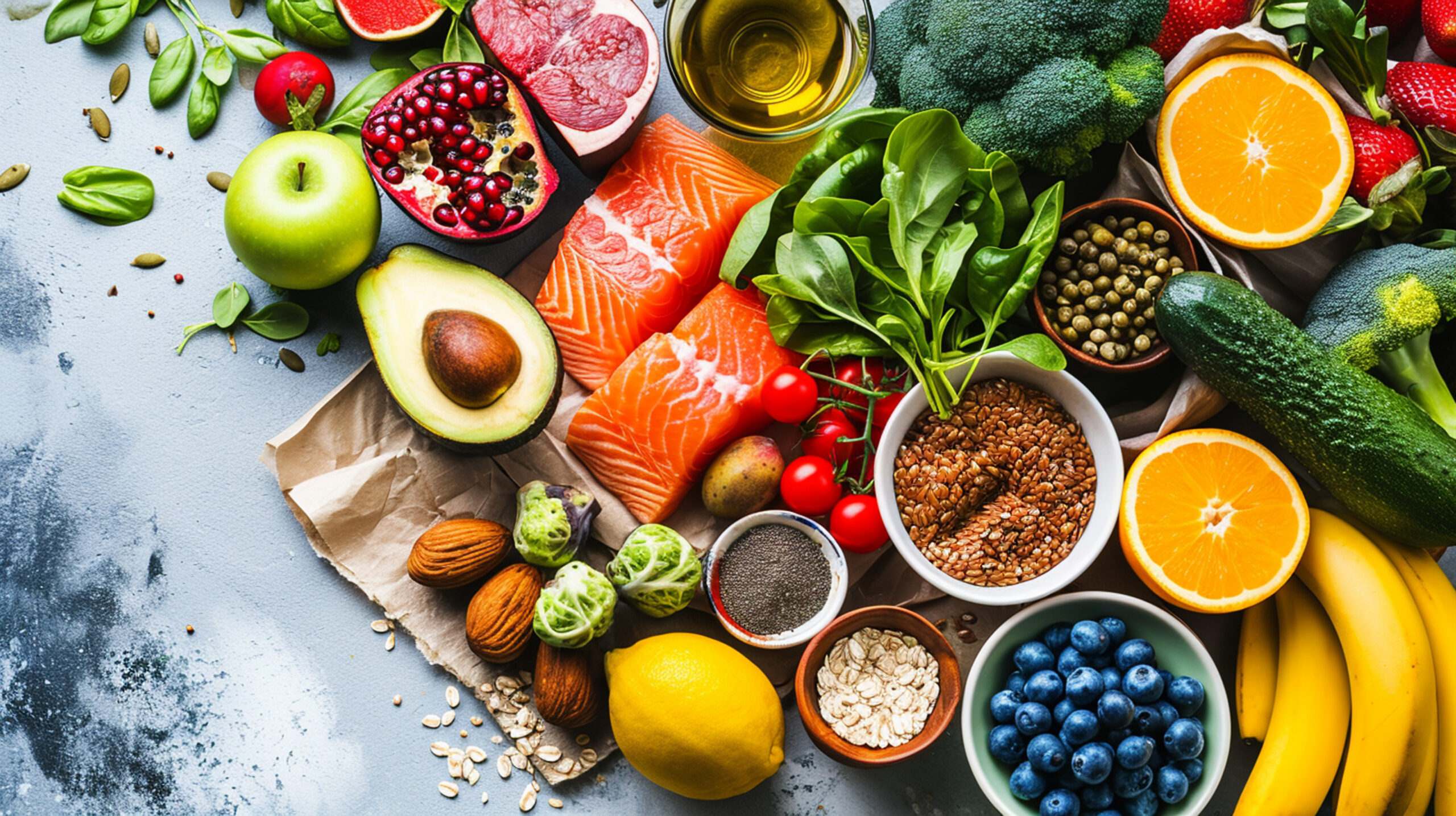For most of my life, I thought I had a solid understanding of nutrition. Like many people, I followed the common advice—eat your vegetables, watch your sugar intake, drink water, and don’t overdo the carbs. But it wasn’t until I hit a few roadblocks in my own health journey—mom life, stress, sleep issues, and feeling off despite “doing everything right”—that I realized there’s so much more to what we eat than calories or even food groups. That’s when I discovered the power of functional nutrition, and it changed everything.
What Is Functional Nutrition?
At its core, functional nutrition is about eating with intention. It’s not a fad diet or a quick fix. It’s a personalized approach that looks at how food interacts with our individual bodies, from the cellular level to our mood and mental health. It considers our unique biochemistry, genetics, lifestyle, and environment. Instead of asking “What should I eat to lose weight?” it asks, “What does my body need to thrive?”
Functional nutrition dives deeper into how food affects things like hormone balance, gut health, inflammation, and even mental clarity. When I started learning about this approach, I realized that the bloating I sometimes felt wasn’t just random—it was connected to stress, my cycle, and even my sleep patterns. My low energy? It had more to do with my blood sugar and adrenal health than I realized. And the brain fog I used to dismiss as “just mom brain”? That was a signal from my gut, asking for help.
The Gut-Hormone Connection
One of the first things I learned is how deeply our gut and hormones are connected. Our digestive system isn’t just there to break down food; it’s home to trillions of bacteria that play a key role in regulating estrogen, serotonin, cortisol, and so much more. When our gut microbiome is out of balance—maybe due to stress, antibiotics, processed foods, or lack of fiber—it can throw our hormones completely off track.
For me, supporting gut health started with small but powerful changes. I added more fermented foods into my diet—things like sauerkraut, kimchi, and kefir—and focused on fiber-rich meals with lots of vegetables, legumes, and seeds. I also reduced inflammatory foods that I discovered were personal triggers, like refined sugar and certain dairy products. Within weeks, I noticed a real difference in my energy levels, mood swings, and even the quality of my sleep.
Eating for Mental Clarity
Another incredible shift was in my mental clarity. As a mom, business owner, and podcast host, I juggle a lot every day. There were times I felt like I was walking through a fog—forgetting small things, struggling to stay focused, and lacking that spark I used to have. I thought it was just part of being busy. But once I began eating in a way that truly nourished my brain, everything changed.
Foods rich in omega-3s—like wild salmon, flaxseeds, and walnuts—became staples in my kitchen. I also paid more attention to stabilizing my blood sugar throughout the day. That meant balancing protein, healthy fats, and complex carbs at every meal. No more grabbing a granola bar and rushing out the door; now I prioritize a real breakfast that sets me up for the day.
I also started using adaptogens like ashwagandha and maca root, which helped regulate my stress response and support adrenal health. These changes weren’t overnight miracles, but they built on each other. And soon, I wasn’t just surviving—I was thriving.
Personalized Nutrition Is the Future
One of the biggest takeaways from my journey with functional nutrition is that one size does not fit all. What works for me might not work for you, and that’s okay. That’s the beauty of this approach. It invites us to tune into our own bodies, ask better questions, and experiment with what truly makes us feel good—not just what’s trending on Instagram or promoted in magazines.
Functional nutrition helped me move away from fear-based eating and toward a relationship with food that’s rooted in curiosity and empowerment. I stopped counting calories and started counting nutrients. I swapped restriction for nourishment. And I began to see food not just as fuel, but as information—something that communicates with my body and helps it function at its best.
A Holistic Lifestyle Shift
What started with food slowly rippled into the rest of my life. I became more mindful of my sleep habits, my movement, my stress levels, and my self-talk. I started asking myself, “How do I want to feel today?” and made choices from that place. Some days that looks like a green smoothie and a long walk. Other days it means a nourishing soup, a nap, and saying no to yet another meeting.
Functional nutrition has given me the tools to take ownership of my health, and that’s what I want for every listener of the Pure Wellness Podcast, every client of One Body Medicine, and every woman navigating the beautiful chaos of modern life.
Final Thoughts
If you’ve been feeling stuck, foggy, or out of sync, know that your body is not broken. It’s speaking to you. Functional nutrition is a way of listening. It’s about understanding the “why” behind the symptoms and choosing foods that bring you back into balance.
This is not about perfection—it’s about alignment. It’s about creating a lifestyle that supports your hormones, your gut, and your mind, so you can show up fully in your life. You deserve to feel energized, focused, and well. And it all starts with what’s on your plate.
